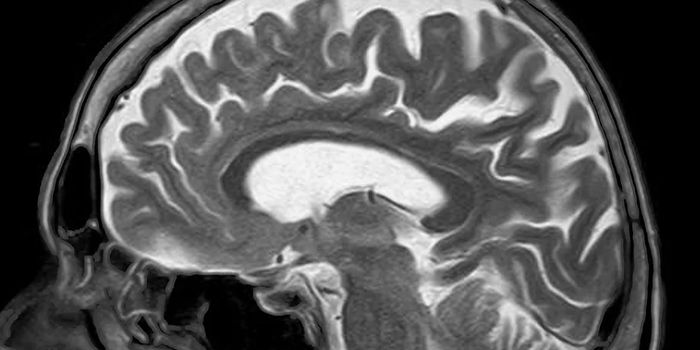New Clue for Why More Women Develop Alzheimer's than Men
The discovery of an inflammatory immune protein in the brains of women who died with Alzheimer's may explain why more women develop the condition than men. The corresponding study was published in Science Advances.
Research shows that in the US and Europe, almost two-thirds of Alzheimer's cases occur in women. The primary explanation for this is tied to women's greater longevity, given the increased risk of dementia with age. However, some studies suggest that higher rates of Alzheimer's among women might arise from sex-specific biological differences.
In the current study, researchers examined 40 postmortem human brains for modified proteins linked to Alzheimer's. Half of the brains came from people who had died from Alzheimer's, and half from other conditions. Each group had an equal number of males and females.
Altogether, the researcher identified 1, 449 proteins that had been altered via the addition of a nitric oxide molecule bound tightly to a sulfur atom to form 'SNO-proteins'. Several of the proteins identified had already been liked to Alzheimer's in previous work. Of particular note among these proteins, they found that S-nitrosylate C3 (SNO-C3)- a modified inflammatory immune protein- occurred in female brains with Alzheimer's six times more than in male counterparts.
To explain why SNO-C3 occurred more frequently in females, the researchers hypothesized that protection from estrogen against C3 S-nitrolysation is lost when estrogen levels fall sharply with menopause. Experiments with cultured human brain cells confirmed their hypothesis ie. SNO-C3 levels increased as estrogen levels fell.
The researchers noted that their findings might provide an 'important piece of the puzzle' to explain why women are more likely than men to develop Alzheimer's. They now hope to conduct further experiments with compounds that can remove SNO modifications from proteins to see if they can reduce Alzheimer's pathology in animals and, eventually, humans.
Sources: Science Daily, Science Advances









